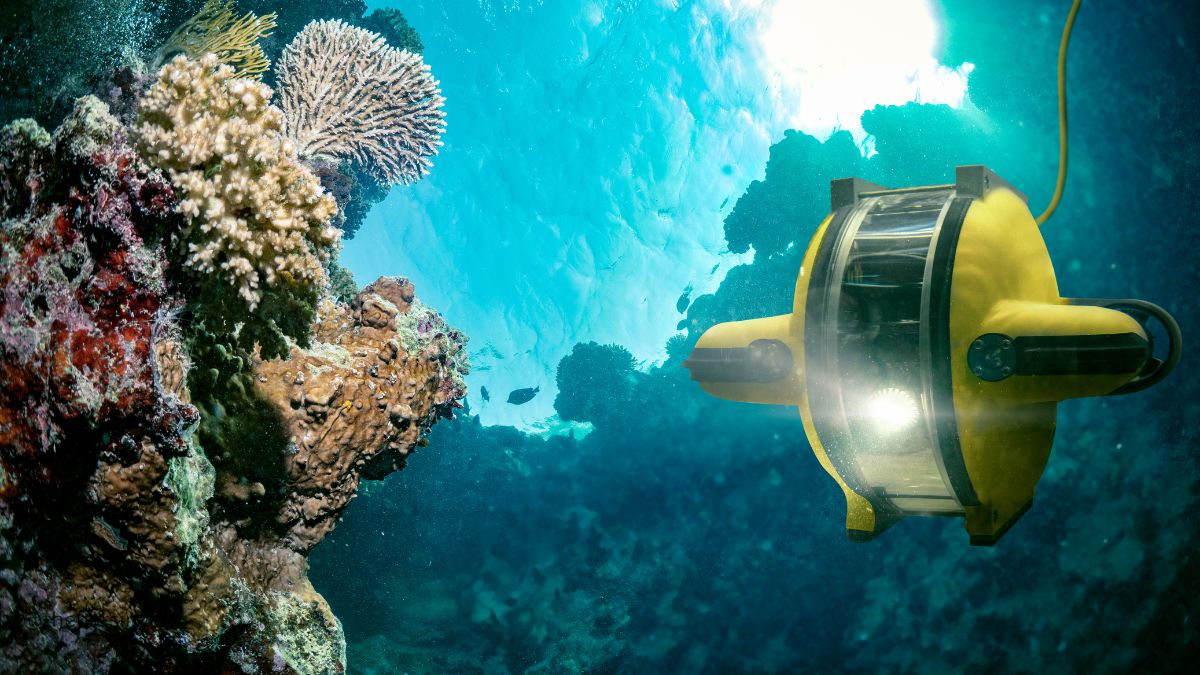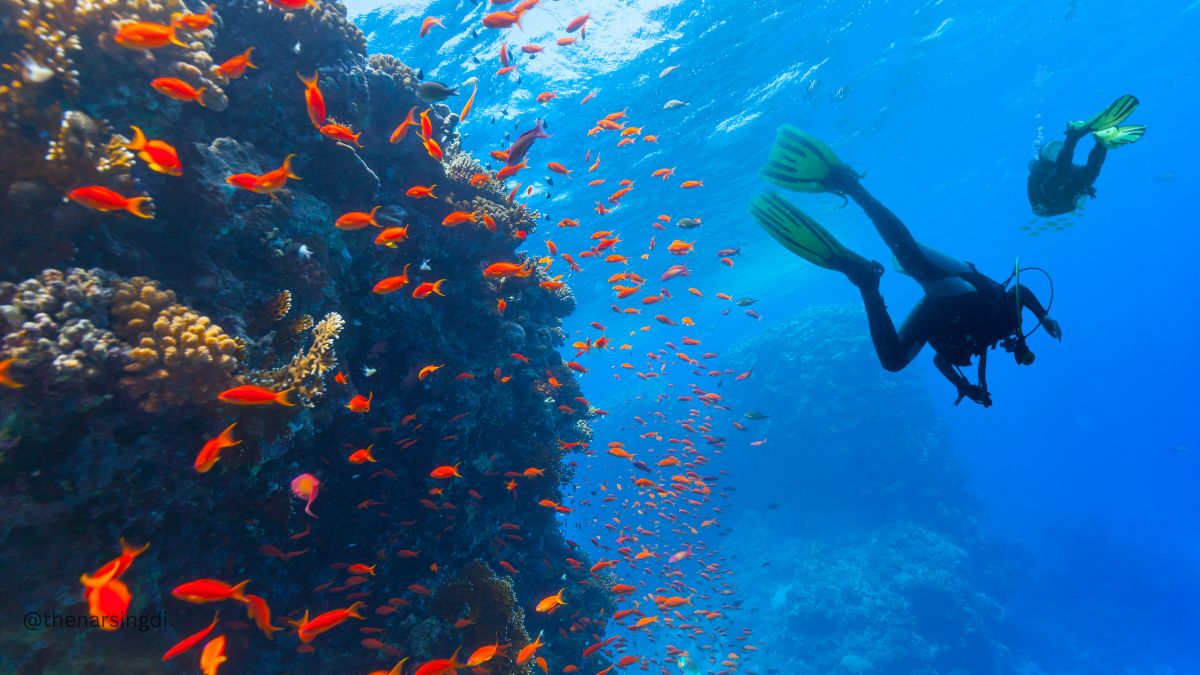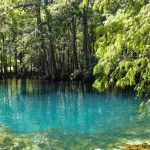The ocean covers more than 70% of our planet, making it maybe of the best confidential out there. You’d think we’d be eager to explore it, right?
But oddly enough, our interest in diving deep into the ocean has really cooled off over the years. Back in the day, the ocean was full of promise—new creatures to discover, amazing underwater landscapes, and maybe even some answers to big questions about our planet. But now, it feels like we’ve lost that spark.
So, what happened? why did we stop exploring the ocean? and why our curiosity might have moved away from the deep blue?

Why Did We Stop Exploring The Ocean:
TOC
The ocean is a vast, mysterious part of our planet, full of amazing creatures and hidden wonders. But lately, it seems like our enthusiasm for exploring it has fizzled out. So, why did we stop exploring the ocean?
First off, the ocean is a tough place to explore. The further you go, the truly troublesome it gets. The pressure is extreme, it’s pitch dark, and the technology needed to navigate those depths is super expensive and complicated. It’s not an easy task!
Another reason is that our focus has shifted elsewhere. Space exploration, for instance, has captured a lot of attention. The idea of finding new planets or signs of life beyond Earth is incredibly exciting, and it’s been pulling resources and interest away from the ocean.
Funding is also a big issue. Exploring the ocean costs a lot of money, and with limited budgets, tough choices have to be made. Often, other scientific endeavors win out when it comes to where the money goes.
Finally, there’s a misguided judgment that we’ve proactively investigated a large portion of the sea. Even though we’ve barely scratched the surface, it sometimes feels like the mystery isn’t as strong as it once was.
But the ocean still holds countless secrets, waiting to be discovered. Maybe one day, our curiosity will bring us back to those deep waters, ready to explore the wonders that lie beneath the surface.
FAQs:
Q. has nasa explored the ocean?
Yes, while NASA is known for exploring space, they’ve also dabbled in ocean research. Their main focus is space, but they’ve used their technology and expertise to help study the ocean as well.
Q. did nasa find something in the ocean?
NASA has gathered valuable information about the ocean, especially through satellite data on sea levels, temperatures, and currents. However, they haven’t made direct discoveries like finding new marine species—that’s usually done by marine scientists.
Q. Why does NASA care about the ocean?
NASA studies the ocean because it’s a big part of understanding Earth’s climate and environment. The ocean affects weather patterns, global temperatures, and ecosystems, all of which are key to NASA’s Earth science missions.
Q. What tools does NASA use to explore the ocean?
NASA predominantly utilizes satellites to concentrate on the sea from a higher place. These satellites track things like ocean levels and temperatures. Occasionally, NASA also partners in underwater missions, but their primary tools are in space.
Q. Is NASA going to keep exploring the ocean?
While NASA’s main focus will continue to be space, they’ll likely keep studying the ocean as part of their work on Earth’s climate and environment. Their research provides important data that supports ocean exploration and environmental science.
Read Next: 8 Khagrachari Tourist Spot
Last Call:
As we consider why ocean exploration has slowed down, it’s clear that a combination of challenges, changing priorities, and funding issues have played a big role.
The deep ocean remains one of Earth’s final frontiers, full of mysteries just waiting to be discovered. While space exploration has captured much of our attention and resources, the ocean holds equally captivating secrets that could deepen our understanding of our planet.
It might be time to reignite our curiosity for the ocean. This vast, mysterious realm isn’t just about discovery—it’s also crucial to understanding our climate, environment, and the future of life on Earth.
By shifting some focus back to ocean exploration, we might find solutions to environmental issues or unlock new scientific insights that benefit us all.
If this provokes your curiosity, why not investigate further? Join on Pinterest for seriously interesting substance about sea secrets, investigation, and the marvels of our reality.

Its Aliza R. Khan, a passionate travel blogger from Bangladesh. With a knack for inspecting hidden gems and sharing travel tips, I love to inspires readers to explore the world with curiosity and adventure.










